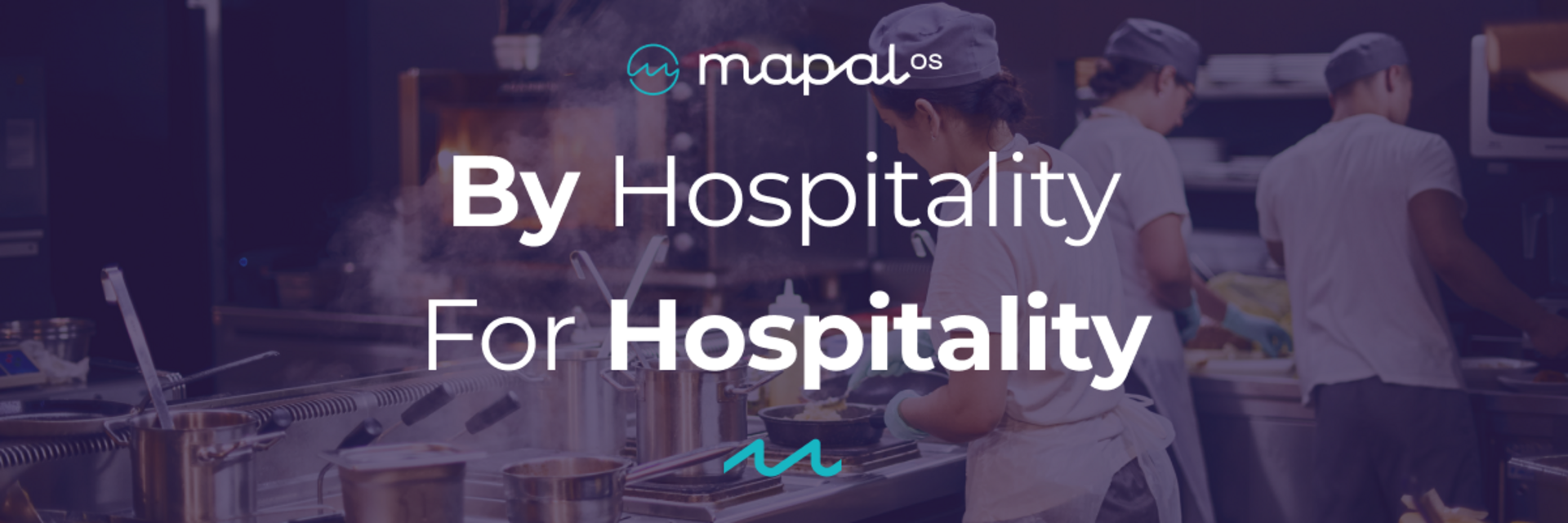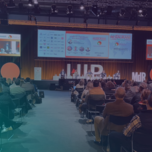Consolidating hospitality technology

In recent weeks we have seen more announcements of the consolidation of hospitality technologies with trade purchases of respected software solutions. This is not a new trend, and in reality, most founders in the world of technology are attracted by lofty valuations and the potential of a life-changing sale. Neither is it likely to go away. As innovative new players enter the market to solve further challenges, they will almost inevitably end up merging or being sold to bigger fish. For those of you that know our story as a company, you will recognise we have been very active in this space.
My connection with the hospitality industry started back in the 1980s, back in the days when our family operated the second-largest Burger King franchise in Spain. Over time, I took over the business from my father, leaving behind a finance career specialising in mergers and acquisitions.
For those of you who have been in the sector since then will know that we had to do everything on paper and later in Excel. We experienced those laborious and inefficient manual systems first-hand. They fuelled my desire to improve, innovate and evolve, knowing that there was a better way.
So, it was in 2012 when we founded Mapal and began building hospitality technology. We have been perfecting our products constantly ever since, by listening to our customers and adapting to the current needs of the market and anticipating our sector's needs for the future.
This vision has recently been supercharged by a private equity investment firm, Providence Strategic Growth, to help us bring together other best-in-class hospitality software companies. So far, we’ve welcomed the teams and integrated the products from Flow Hospitality Training, a leading hospitality learning management solution; GetCompliant, an operations and compliance task management system; Cooking Data, analytics tools; and Cloud Reputation, an online reputation management solution.
We were attracted to these businesses because of their focus on the multi-site restaurant and hospitality industry, the cultural fit of their teams, that they were founded and led by hospitality people, and their commitment to customer service and having a tool that their customers love.
When consolidating technologies and businesses, there are so many benefits, as well as challenges to consider. I’ve captured a number of them here;
Relationships
Relationships are vital in any business, not least in our sector, where we know that people build close contacts and friendships with industry peers. Within mergers and acquisitions, the temptation is to cut headcount to reduce costs and ‘streamline’ operations. The problem with this, of course, is that relationships need to be rebuilt, and the tacit knowledge of your customers, ways of working, and best use of your products also disappear. We also know that it’s a slippery slope to remove key leaders, as they provide stability within the business. We’ve got a simple way of dealing with this: we keep the people and leave them in the same places. This nurtures positivity in diversity. Our senior leaders put aside job title changes to concentrate on the job at hand – improving the performance of hospitality brands and people through intuitive technology solutions.
Product
When we talk product in technology, we mean the software solutions and their features. For many technology firms, mergers mean the start of a long journey to integrate and align products. They often rebuild whole applications to a common coding language to the existing tech stack, with the view of simplifying technologies for the future and, in some cases, just so that they can work together architecturally.
The problem here is that it isn’t helpful for the customer. The energy and resources that go into this huge task - that has little to no value for the customer - distracts technology teams from the more important objective of further developing the solution according to customers' needs, not to mention building new features.
With this in mind, Mapal is following a different path. We are creating an operating system that will allow our own and other best-in-class products to integrate and work seamlessly together with a shared data layer and consistent UX and UI without spending one to two years rebuilding for every acquisition. The end result will be a system to centralise all business data and provide comprehensive insights. The tool will enable single sign-on, a single source of truth, one place to set up all sites and hierarchies, but where individual solutions we invest in are developed at pace. To ensure one product never takes priority over the other, we’ve kept our product and technology teams separate in their original locations. This enables them to be more entrepreneurial, adapting quickly to customer needs and not compete for airtime in a massive organisation. Over the past year, we have continued to release new features regularly across our applications. We have ramped up expenditure on development significantly, with a multitude of very exciting product features to release as the year goes on.
Customer-centricity
This might sound obvious but keeping customers happy is the most fundamental responsibility for any company. Mergers and acquisitions, however, bring with them huge distractions. It’s not uncommon for service levels to drop in the period leading up to and after an acquisition. The leadership team is usually focusing on getting the deal over the line. Meanwhile, the broader team are kept busy with learning new processes, building relationships with new people, and often getting over losing much-loved colleagues who have been let go. The internal processes often take over. I'd like to say we haven't experienced this, but we have to some degree, if I'm honest. We have tried to minimise this, and rather than cut teams back, we’ve brought in some fantastic leaders at all levels of the organisation to do the heavy lifting and make it as seamless as possible for our customers.
Customer-centricity is one of our core values, and as we merge new businesses into the group and bring in the many new faces through organic growth, it has generated many discussions. In a consumer-facing industry like hospitality, we know that the 'customer is always right' mantra is well respected. In a business-to-business environment like ours, where we are developing technology and building a clear product vision for the industry in conjunction with our customers, we soon realise you are not going to be able to meet every request for product features every time. Many technology companies have tried but often inevitably get distracted from the essential features that will really move the needle.
As an operator myself, I am all too used to being promised the world by technology suppliers before signing, only to discover the reality when starting to use the tool. We believe that customer-centricity is about honesty and integrity, being clear and upfront about what’s coming and what you can expect and setting a realistic expectation.
Connectivity
Playing nicely together with other technology businesses seems to become more of a challenge as software providers become bigger, wrongly believing that part of their competitive edge is being able to offer it all and blocking integrations with other vendors. We absolutely believe in the importance of working together with other technology providers to help meet an operator’s needs and to ensure we don’t stifle the brilliantly entrepreneurial innovation seen in smaller start-ups. We are open to all conversations around integrations and providing an API; at our end, we try not to be the blocker. We have more than 60 integrations already in place with a team dedicated to this area.
Focus
I wanted the last point to be the most important: to us, this is about focus, and our focus is on hospitality. As I mentioned at the beginning of this article, this is my industry. It’s an industry I love, and the same can be said for the majority of our senior team; many run their own hospitality businesses, and most have worked in operations in the past. They know the sector, have empathy for our customers and passion in what they do. The technology we build is for hospitality, for no one else and that's not going to change. It means we can concentrate on delivering real value and specialist functionality that makes sense for our sector, in a dedicated tool. We try not to be everything to everyone and fulfil the diverse requirements of other industries like construction, legal or manufacturing.
We already have some incredible technologies delivering results for hundreds of brands worldwide, with so much more left to do and a fantastic team to deliver it. Our vision is to become the world's leading hospitality operating system providing game-changing innovation to streamline and automate processes through owned and partnered solutions.
If you have a say in how technology works in your business and like what you have read, we’d love to talk to you. We want to hear the challenges you face in your business, the gaps where you think software can help, and what your dream end-to-end solutions stack would look like. For us, it's more than about selling you a solution today. We'd love to discover how we can partner for the long term, and with your influence, make our products even more in tune with our sector.
Jorge Lurueña
CEO, Mapal Group





